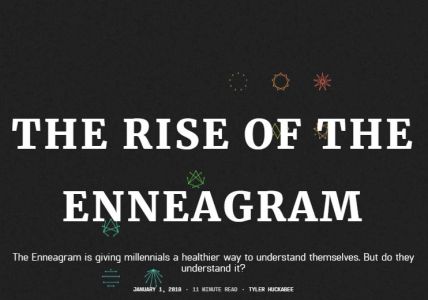Join getAbstract to access the summary!

Join getAbstract to access the summary!
Tyler Huckabee
The Rise of the Enneagram
The Enneagram is giving millennials a healthier way to understand themselves. But do they understand it?
Relevant, 2018
What's inside?
Is the Enneagram a personality test or an insight into your entire life?
Recommendation
The Enneagram means different things to different people, but when applied thoughtfully, many swear by its ability to benefit its devotees. Born of a seven-day vision by Bolivian teacher Oscar Ichazo, the Enneagram can meld with any culture, religion or philosophy. Christian journalist Tyler Huckabee suggests that it can bring clarity to your personality, behavior patterns and future life paths. Websites and free online tests, which co-opted the philosophy for clicks and giggles, have made this popular among millenials. Read on to clue yourself in.
Summary
About the Author
Tyler Huckabee writes on news, film, TV, music, comic books and religion.
















Comment on this summary